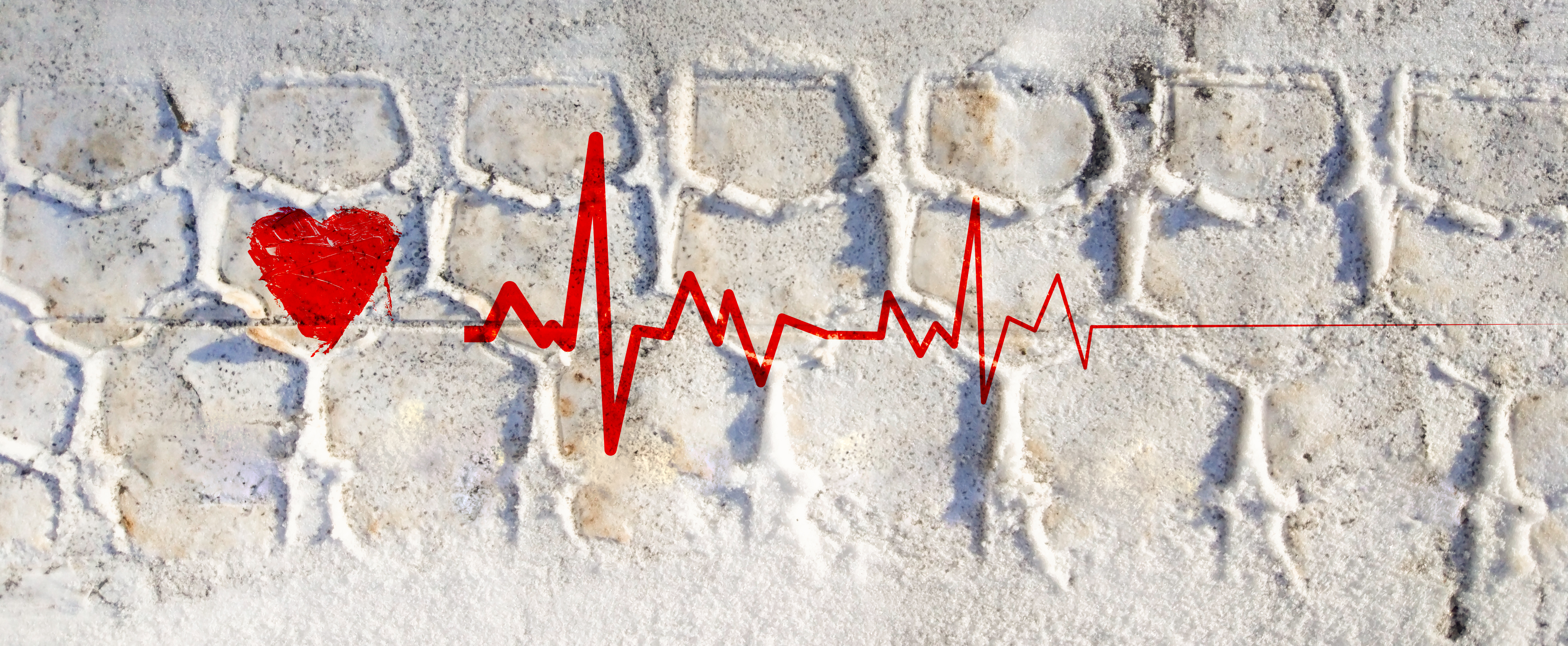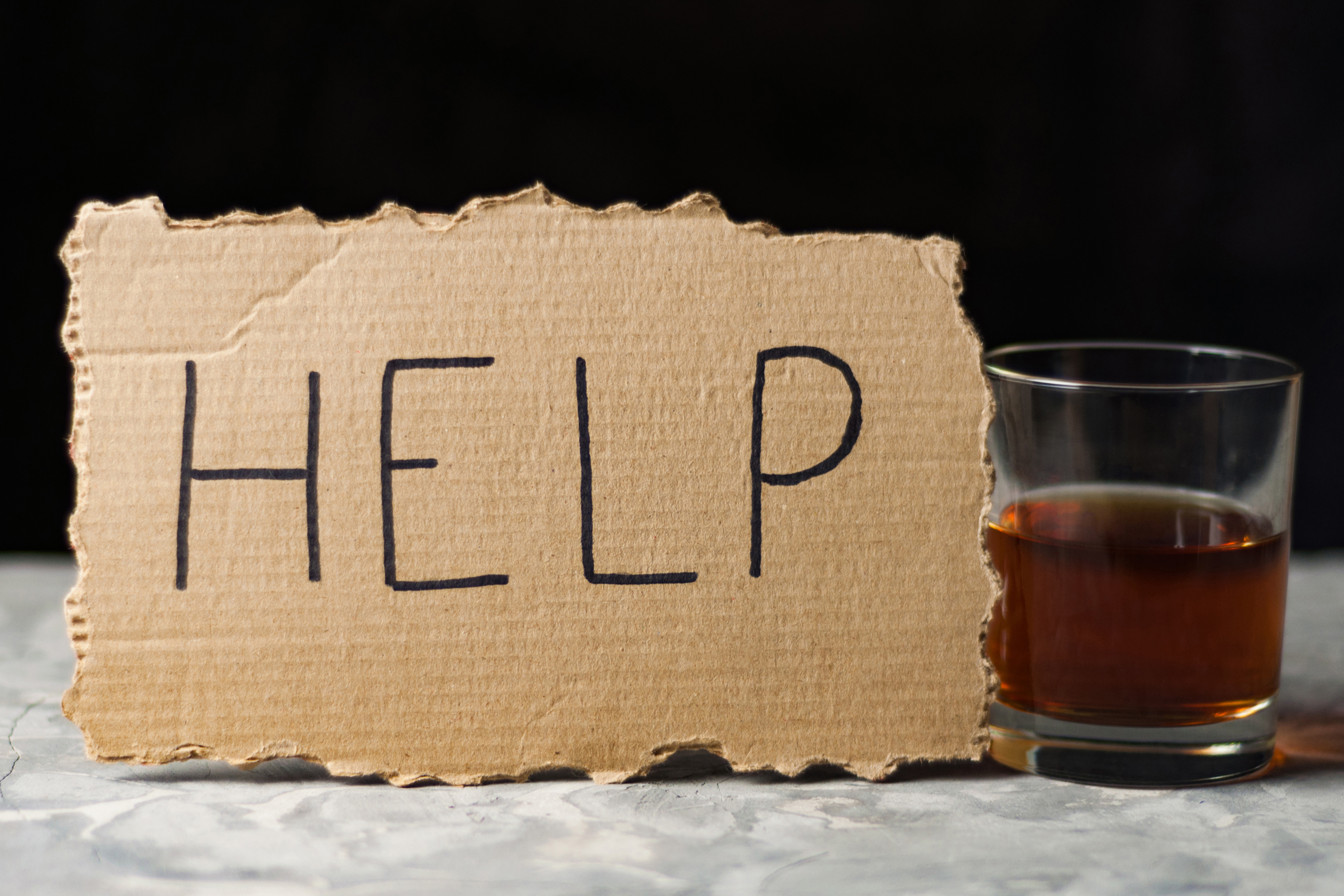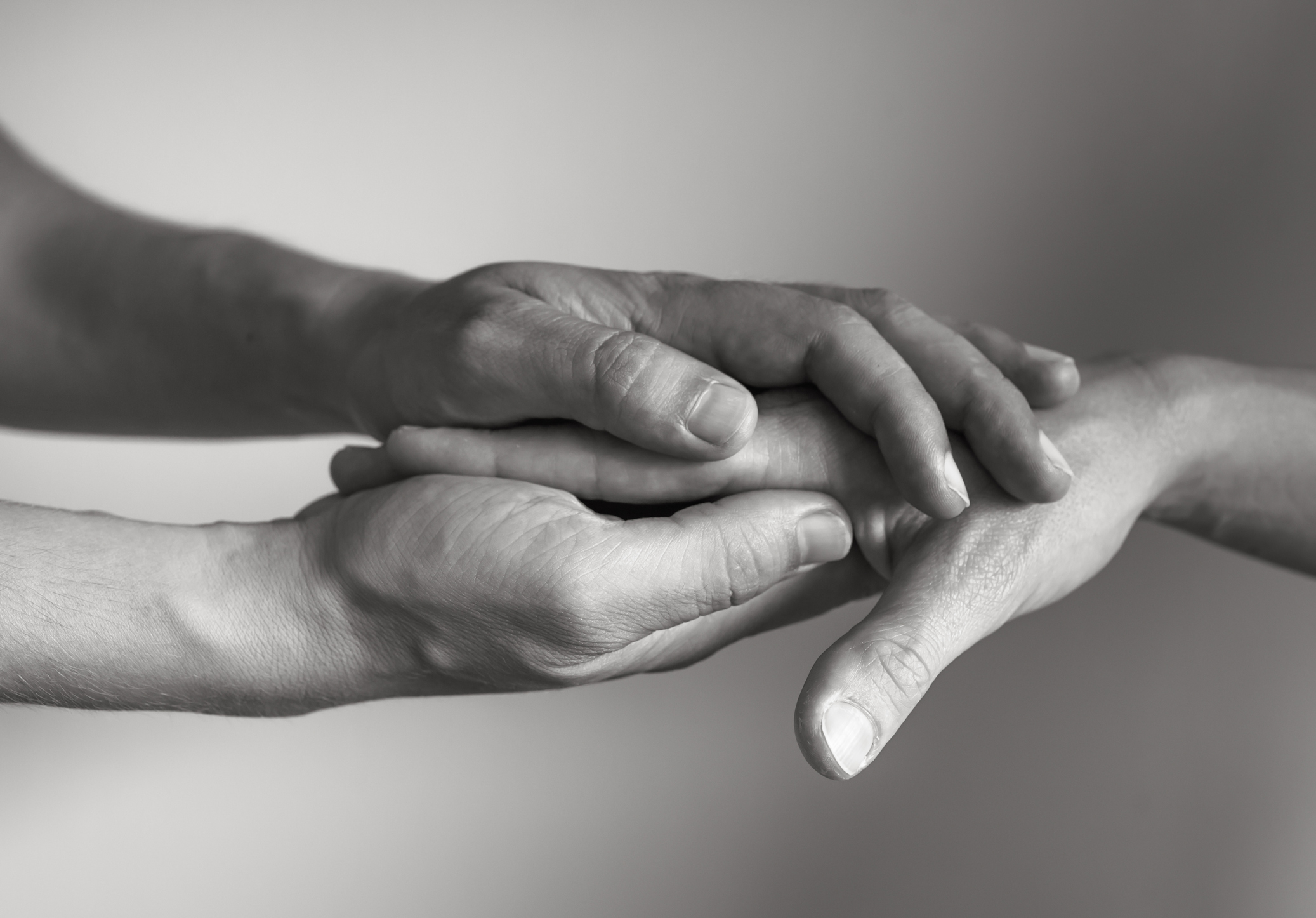
.39, it seemed like such an odd number. Dazed and distraught, I asked, “What does it mean?” His response, “It means you’re lucky to be alive, .40 is fatal.”
That pivotal moment in my life happened the morning of September 19, 2007 in Oakland, California. A drug and alcohol counselor had just told me my blood alcohol level. I didn’t fully grasp that number until he followed up with more, “Jesus, your blood pressure is 200 over 125.” Those numbers I understood. I was in serious danger.
In fact, I had been in danger for quite some time. Days. Months. Years. At that moment I was indeed lucky to be alive. Lucky to be at a rehab center. Lucky to be under doctor’s care. Lucky that the choice to start my journey of recovery was even an option for me at all. Leading up to that moment, true angels had intervened on my behalf and did something I could not yet do; love and care for me, a man who somehow had become alcoholic.
That pivotal moment actually started 48 hours before at the Fruitvale BART station. Stumbling through the parking lot, I was in severe alcohol withdrawal. As I reached the platform, I fell to the ground in the middle of a grand mal seizure. I was having delirium tremens, commonly known as DT, the most severe form of ethanol withdrawal—one that can be fatal.
I was still shaking when the paramedics arrived. Lying on the platform in my own sweat, going in and out of consciousness, I saw them approaching through the crowd that had gathered around me. The first paramedic asked my name. I said, “Jess.” Looking at my ID he asked me again because my legal name is Jesus. This time I gave him the right answer.
Next he took my phone. “Ok Jess, who should I call?” I couldn’t answer. “You have your dad in here. What’s his name?” “Jesse,” I said, to which he smiled and replied, “Is that all you can say?” Then he continued, “Where is your father?” It was hard for me to process the request, hard for me to speak at all. I heard myself mumble, “In LA.”
The next thing I remember is looking up in the back of an ambulance, hearing this paramedic plead with me, “Stay with me. Jess… Jess… Jesus… do you hear me?” Just like the movies, he was doing his best to keep me conscious. By the time we arrived to the hospital ER, I was more alert. Maybe it was the result of the IV fluids. Or, maybe it was the paramedic’s encouraging voice.
As I lay on the gurney in the hallway of an over-crowded ER, I began to worry. In the background I heard, “drunk, rehab, admit.” A nurse came up and started talking to me, but I couldn’t really hear her. I couldn’t listen. She continued to speak, but the words garbled in my head. All I could think about was leaving. I could hear myself telling me to just get up and go.
Then, I did it.
I pulled off whatever cords and needles were in me and walked out of the ER. I had to go. I ignored the group of medical people clamoring around me. I had to go. I headed straight out the retracting doors. I refused to look back.
Next were just flashes of memories: the warm sun, a train ride, the Fruitvale station, and my bed.
I was in a black out.

I woke up hours later and reached for my phone. My voicemail was full. Doctors, nurses, my parents, friends, my boss; they had all left messages. Sitting up in my bed, I looked across the room. There was my cat huddled up in the corner, just staring at me. He was more than frightened. On the floor surrounding the bed was his excrement. I felt a wave of shame wash over me.
How could I be doing this to him… to others… to myself?
I fell asleep again, this time waking up to a loud holler outside my window, “Jess, answer the door, damn it!” It was late in the afternoon, I let my friend in. I don’t remember the conversation or what I said, but he eventually left. I do remember wondering: Did I say enough to reassure him or enough for him to realize I was hopeless? I wasn’t sure.
It began to get dark and I decided to return a few phone calls. The first one was to the hospital. A nurse got on the phone, “Can you come back in?” “No.” “Do you have any alcohol in the house?” The question caught me off guard and I chuckled, “Isn’t that what got me into this problem?” Unamused, she sternly replied, “Find it. Drink it.” Then she proceeded to tell me why. I was in danger of another DT. “You may not be so lucky this time.”
I opened a bottle of wine from a case my boyfriend and I had purchased for friends, started drinking it, and called someone I met at an AA meeting a few weeks before. I admitted to this woman that I was no longer in control of what I was doing. That was a first for me. I admitted that I had known for a long time that I had a problem. Everyone knew; my boyfriend, my parents, my friends, colleagues, and yes, even my cat. But, somehow, I thought I could eventually learn how to manage it. I thought I was stronger than “it.” Pride, guilt, and fear had become my allies.
After all, “how could I be so weak?”
My new AA acquaintance talked to me for a while. She confirmed that drinking wine was actually a good idea, but she warned me to do it slowly. I found it strange that someone in AA would tell me to drink, but I didn’t question it. I asked her to come over, but she told me no. It wouldn’t be good for her own sobriety to deal with someone who was still “wet,” or actively drinking. Then she asked me to call her the next morning.
I drank enough wine to stop shaking, feel a little better, and fall asleep. This was something I had grown accustomed to –being drunk, hung over, depressed, feeling better after more drinks, and then drunk again. I slept through the night. What I did that that next day I will never remember.
Then nighttime fell again and I was into another bottle of wine. Thankfully, I never had been a fan of wine, so I drank it slowly, as directed. I was much more of a hard liquor guy. In the end, I drank vodka straight out of the bottle. No mixers.
It was the middle of the night and I was approaching my last drink. I called my boyfriend, who essentially moved back to LA to protect his own sanity. I get that now, but back then, I really struggled with the idea of being “alone.” I struggled with the knowledge that I might have damaged our relationship beyond repair.
This time, when I called, he didn’t answer. Then, I called my mom and dad, who had also grown weary of me. They didn’t answer. I called other friends. Nobody picked up. Had my drunken antics finally chased everyone away?
I stumbled to the bathroom, looked in the mirror, and perhaps for the first time in my life, I truly saw myself. I started to cry. Falling to the floor, I was inconsolable.
That was my moment of awakening.
Shame no longer served me. My own thinking wasn’t doing me any good. I was at my bottom, figuratively and literally. I had nowhere else to go. “I can’t do this anymore. I just can’t… I can’t do this alone. I need help.”
It was 2AM in the morning. I called my parents, this time from the bathroom floor. My mom answered. I blurted out: “I need help.” She said, “I know.” Then, she handed the phone to my dad he said he loved me, and he told me to do what the doctors recommended.
Little did I know at that time, it had been almost two days since I was first taken to the hospital. In that time I went through a couple of bottles of wine; called everyone I knew multiple times; my dad suffered a heart attack when he and my mom were on the way to the airport to be with me; and my friends had all agreed not to answer my calls until I got help, and this included my boyfriend.
I stayed awake for the next few hours till the sun came up. I called a friend who lived nearby. She initially would not answer, so I tried her again and again and again until I finally heard, “What?!” I pleaded, “I need you to take me back to the hospital.” She picked me up. As we drove up to the hospital entrance, she said, “Get out. You need to do this alone.”
She stayed in the car, watching me as I walked in. I got to the counter, greeted the receptionist, and said honestly for the very first time, “I am an alcoholic.” She looked in amazement, “Wow.” I continued, “I need help.” She pointed to her right and gave me directions to the rehab building. I walked outside, turned, got lost, and stopped. For the next few minutes I walked up and down the block pleading with myself: Do I stay? Leave? Go back?
Finally, I went back into the hospital lobby and approached the receptionist one more time; “I need you to walk me there.” She called someone to relieve her and escorted me. The rehab center wasn’t open yet, so I sat there and waited. Then a guy came out, greeted me, and helped me start my road to recovery.
That near death experience and the spiritual awakening that resulted from it changed my life. I say spiritual not in the classic religious sense, but rather as a deep personal shift and awareness that changes someone’s fundamental being.
That deep awakening was realized through the help of some amazing angels: the paramedic who kept me awake; the receptionist who walked me to the recovery building; the nurse who literally told me how to stay alive; the acquaintance at AA who showed me being sober doesn’t mean being codependent; the friend who showed up at my house with tough love; the friend who dropped me off at the hospital; my parents who listened to me; my cat who stayed by my side; and my boyfriend who made tough choices for both of us.

It’s been an amazing journey these past twelve years.
My alcoholism and recovery have taught me a few valuable lessons. First, I am vulnerable. I have a life threatening illness that left untreated can kill me. It almost did. Second, shame and pride led me down a dark path. Asking for help was actually the bravest thing I’ve ever done. Third, openness and honesty with friends, family, and colleagues strengthens my bonds with them. This means I have to accept them, for who they are, not who I want them to be. And finally, I have freedom.
This freedom inspired me to write my story.
Right now my story includes the gift of recovery. It has shaped my world. I am blessed with a loving partner, a supportive family that accepts me, and encouraging friends. There are people, who stood by me, and their forgiveness means the world to me, but more important is the honesty we share. And for the new people in my life since then, my not drinking is hardly ever an issue.
I am also lucky to do something daily that’s more than just a job; it’s a passion. I get to help others be and show their best. I am a media and communication coach who is made better because I know what it’s like to close yourself off, live in doubt and fear, as well as what it like to open yourself up to new possibilities.
These gifts are not the result of twelve years of sobriety, but rather they are the result of living one moment at a time. And trust me, it can be difficult. I don’t know what tomorrow brings. I hope in twelve years I have more stories to share. But, what I do know is that right now I love this moment.
Today is a gift.

